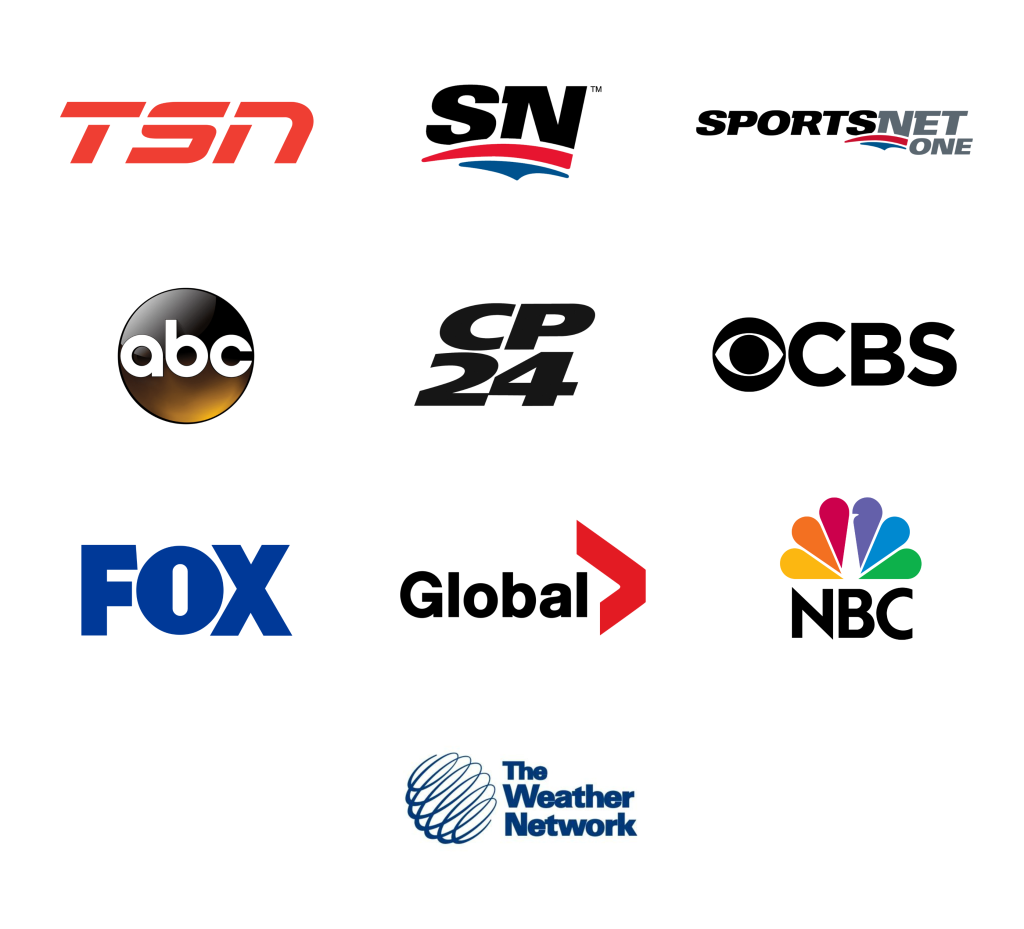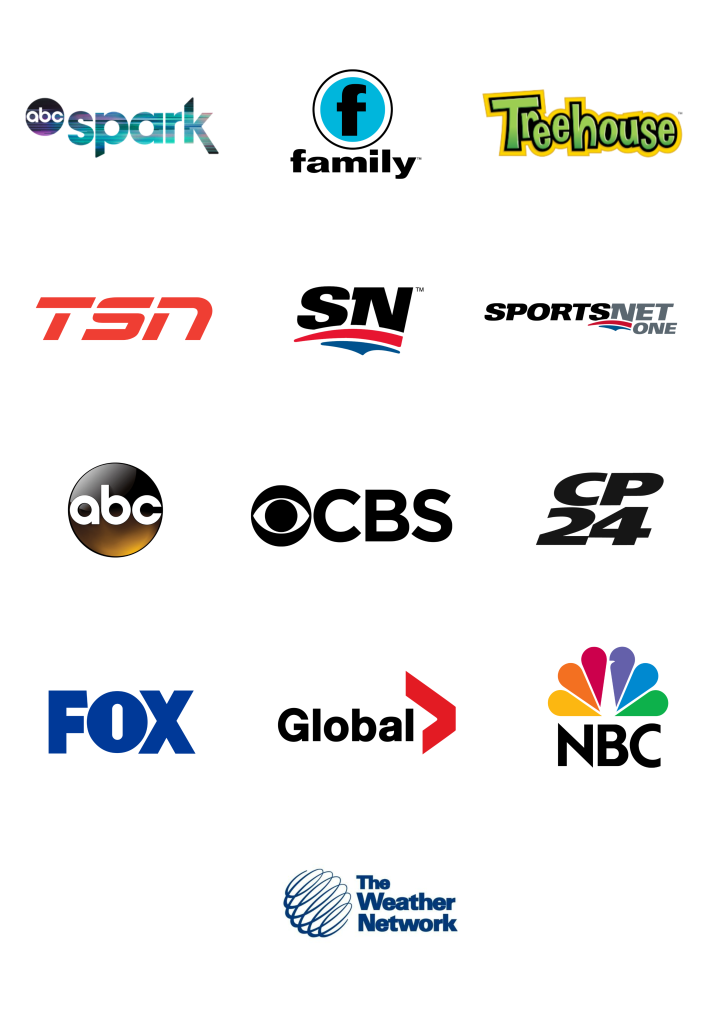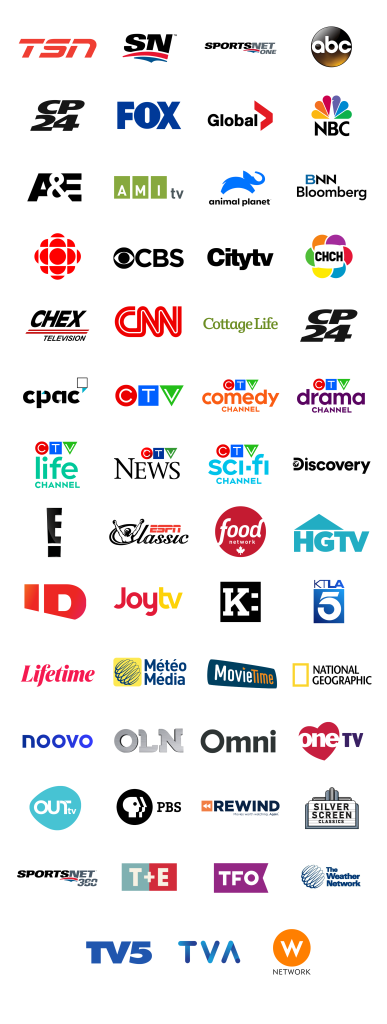
 Feb 15 2024
Feb 15 2024
You have probably seen ads from internet service providers offering download speeds of 1 Gbps or more, promising the fastest connections that will eliminate all your browsing woes. Gigabit internet speeds are fast and will make a big difference for some online activities, but do you really need gigabit speeds? Internet service providers would love to sell you on their fastest service, but for some homes in Canada, it is probably overkill.
In this article, we will explore the realm of super fast internet to give you a better idea of the internet speeds you need for your home and cover some situations where gigabit speeds will make a noticeable difference.
To help you better understand some of the jargon in this article, let’s define some terms that are useful to understand when you are comparing internet plans. For a broader glossary of internet terms, check out our breakdown of internet terms here.
You might think that having 1, or, or even 8 Gbps download speeds will make your videos load faster or eliminate lag on your video games, but that is not necessarily the case. You may be surprised by the speeds needed to do common activities smoothly. With most daily activities, super fast internet only really makes a difference when you have several devices accessing the internet at the same time.
Simple day-to-day browsing or scrolling on social media doesn’t require much bandwidth at all. 1 Mbps will get you comfortably through most browsing requirements, and 5 Mbps will be more than enough for all single-device browsing needs.
Streaming services understand that many people are limited in what their internet can handle, and so they are incentivized to make their content streamable on any high-speed internet connection. Streaming videos from Netflix or Disney+ requires about 5 Mbps for HD videos and 25 Mbps for 4K videos. Streaming 1080p videos from YouTube only requires about 5 Mbps.
Gaming online doesn’t actually require a ton of bandwidth. Having relatively fast internet is important for smooth gameplay, but latency tends to be more important. High-speed internet plans tend to beef up the bandwidth, or the volume of data that can be transferred. Latency refers to the speed with which information is transferred. Even multigigabit plans can have high latency, with higher latency meaning greater delays or lags in transferring that information.
Internet requirements for smooth gameplay will depend on the game. For most games, download speeds of just 5 Mbps and upload speeds of just 1 Mbps will be perfectly fine, if you have low latency. Where you will notice a difference is in the time it takes to download games or updates from the cloud.
Video calls are becoming more and more important for many Canadians who require a clear connection for work or school. Video calls require a good amount of download speeds, but importantly, a smooth calling experience also requires a relatively high upload speed.
For one-to-one video calls, typically 3-5 Mbps download and 1-3 Mbps upload speeds will be sufficient. For video conferencing and typical work-from-home requirements, you will want at least 10 Mbps download and at least 1 Mbps upload speed.
As you can see, most homes don’t need gigabit internet. However, there are some situations where having gigabit speeds will make a big difference.
Gigabit internet speeds will come in handy in some cases. Most notably, if you have a lot of devices connecting to the internet at the same time, having a super-fast connection will help ensure everyone can enjoy their 4K videos or online games.
Gigabit speeds are important if you work in an industry that regularly requires you to download or upload large files, like blueprints, big data sets, or video edits. If this is you, be sure to look for upload speeds that can handle your workload as well as fast download speeds.
Fast internet is also going to make a big difference if you like to stream your video games. Fast upload speeds will be as important as download speeds for a smooth streaming experience. You will want a minimum of 10 Mbps download and upload for streaming games. However, faster download speeds will be better if you share your network with other people.
To help you find the best internet speed for your home, we have created the Comwave Speed Finder tool. The Speed finder will suggest the best Comwave plan for you, considering your household size and typical usage habits.
Comwave offers internet plans to serve every Canadian household:
For all of your internet needs, trust Comwave to provide fast and affordable internet across Canada. Comwave plans start at just $29.95 per month for high speed-internet with upload speeds that can tackle any task. We offer the most competitive rates for each tier available and all Comwave plans come with unlimited data, no overage fees, and no data throttling. Just fast internet for a great price. Explore Comwave internet plans today to see for yourself.

Comwave offers fast, unlimited internet and special bundle deals at incredible value, giving you the speed you need through a reliable connection that supports all your devices.
1-866-542-6694© 2024 Comwave Networks Inc. All rights reserved.
911 has certain limitations versus traditional E-911. Details at www.comwave.net/legal



First, let us know where you live so we can make sure that we can provide service in your area.